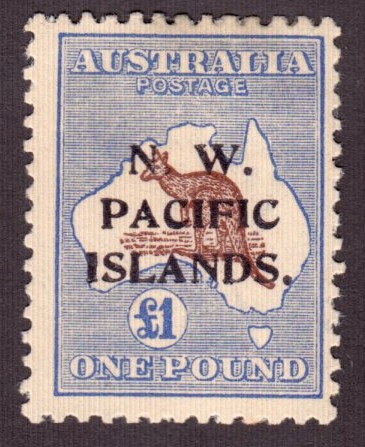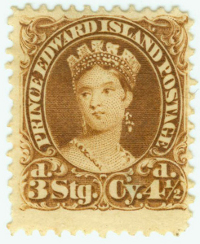
Discussion - Member to Member Sales - Research Center

Discussion - Member to Member Sales - Research Center


Thanks, Big Daddy Dave

Login to Like
this post
The post card was not postally used, so the cancels are favor cancels. If the stamps are removed, the stamps would be considered to be CTO.

Login to Like
this post
I noticed that the 2 cancellations have different dates

Login to Like
this post
I would not remove the stamps from the card. There are differences in cancels that can be rarer than others. If you look at the right one on the card you see a "bd" to the right of the 2,on the left cancel below the swastika there is a "b". These correspond to the place of cancel.


Here the same cancels with "cg" and "a".
Differences in the date of both cancels are simply because these are CTO´s. The card was not postaly used, so this is not of importance. I have seen many CTO cancels from the third Reich where Special Cancels on cards have had 2 dates.


Login to Like
this post
Opa, your comment was more correct than mine regarding the CTO.
I was trying to differentiate the stamps on the card displaying the "favor cancel", but if taken off the card, the stamps would merely look like any other stamps that are canceled to order. The implication is that the stamps are probably worth more on the cover than off of it.

Login to Like
this post
Thanks to everyone for their feedback. Take Care, Big Daddy Dave

Login to Like
this post
It is a pair of favor cancels. However, it is also a piece of history. The later date is Anschluss, or the absorption of Austria into Germany. The earlier date commemorates the fifth anniversary of the Nazi regime. To remove the stamp is to lose those dates and the significance they had for every German and Austrian.
Germans were acutely aware of political and military events, and commemorated them philatelically.
Keep 'em together.

1 Member
likes this post.
Login to Like.
The single line auxiliary slogan handstamp below the Munich cancel also documents Hitler in Vienna which corresponds to the date of the Munich cancel.
While nothing rare or valuable, the card does document postal history or at least history.
Bruce

Login to Like
this post
03:41:14pm
I've acquired the following German stamps that are still attached to a card. As you can see, both of them are from the Nazi era and the postmarks are so good, I'm hesitant to remove them from the paper to add them to my collection. Will it make a difference or not?

Thanks, Big Daddy Dave

Login to Like
this post

re: Postmarks on Pre-WW II stamps
The post card was not postally used, so the cancels are favor cancels. If the stamps are removed, the stamps would be considered to be CTO.

Login to Like
this post
04:51:25pm
re: Postmarks on Pre-WW II stamps
I noticed that the 2 cancellations have different dates

Login to Like
this post

re: Postmarks on Pre-WW II stamps
I would not remove the stamps from the card. There are differences in cancels that can be rarer than others. If you look at the right one on the card you see a "bd" to the right of the 2,on the left cancel below the swastika there is a "b". These correspond to the place of cancel.


Here the same cancels with "cg" and "a".
Differences in the date of both cancels are simply because these are CTO´s. The card was not postaly used, so this is not of importance. I have seen many CTO cancels from the third Reich where Special Cancels on cards have had 2 dates.


Login to Like
this post

re: Postmarks on Pre-WW II stamps
Opa, your comment was more correct than mine regarding the CTO.
I was trying to differentiate the stamps on the card displaying the "favor cancel", but if taken off the card, the stamps would merely look like any other stamps that are canceled to order. The implication is that the stamps are probably worth more on the cover than off of it.

Login to Like
this post
11:44:24pm
re: Postmarks on Pre-WW II stamps
Thanks to everyone for their feedback. Take Care, Big Daddy Dave

Login to Like
this post
Auctions
re: Postmarks on Pre-WW II stamps
It is a pair of favor cancels. However, it is also a piece of history. The later date is Anschluss, or the absorption of Austria into Germany. The earlier date commemorates the fifth anniversary of the Nazi regime. To remove the stamp is to lose those dates and the significance they had for every German and Austrian.
Germans were acutely aware of political and military events, and commemorated them philatelically.
Keep 'em together.

1 Member
likes this post.
Login to Like.
05:12:22pm
re: Postmarks on Pre-WW II stamps
The single line auxiliary slogan handstamp below the Munich cancel also documents Hitler in Vienna which corresponds to the date of the Munich cancel.
While nothing rare or valuable, the card does document postal history or at least history.
Bruce

Login to Like
this post

